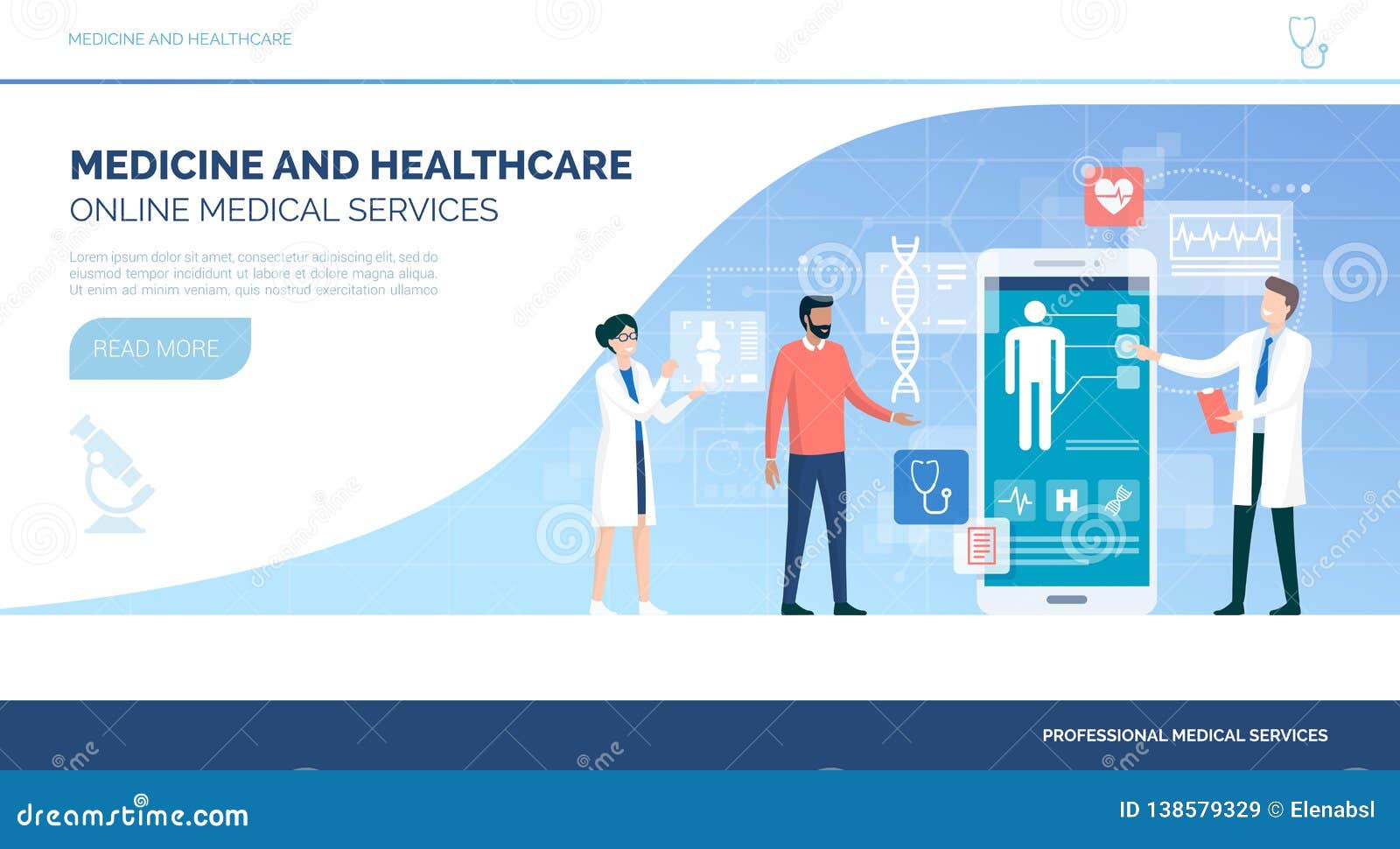The Impact of Subscription Based Healthcare on Traditional Medical Practices
The Impact of Subscription Based Healthcare on Traditional Medical Practices
Blog Article
The Rise of Subscription-Based Health Care and Its Influence On Client Treatment
As medical care develops, the subscription-based design is gaining traction, guaranteeing to revolutionize individual care by providing predictability and availability. The possibility for these versions to improve medical care shipment raises pressing concerns regarding their long-term sustainability and inclusivity. Are these registration services the future of healthcare, or do they risk leaving susceptible populations behind?
Understanding Membership Healthcare Designs
Comprehending the concept of registration healthcare designs involves analyzing a transformative approach to medical services that emphasizes affordability and accessibility. These designs, commonly described as direct health care (DPC) or attendant medication, have actually become innovative options to standard fee-for-service healthcare systems. Registration medical care enables people to pay a set regular monthly or yearly charge for a defined collection of clinical solutions, which may include unrestricted workplace visits, regular check-ups, and standard laboratory tests, without the requirement for conventional insurance policy billing.
The structure of registration healthcare versions is made to enhance patient care by eliminating third-party payers and intricate invoicing codes, therefore decreasing management burdens. Health care companies can concentrate extra on client care, cultivating stronger patient-provider partnerships. This design likewise promotes preventative treatment by motivating normal visits, as the monetary obstacle of per-visit costs is eliminated.
The registration model frequently empowers health care companies to manage smaller person panels, enabling even more customized treatment. It straightens financial rewards with patient health outcomes, as service providers are encouraged to maintain person fulfillment and health. In general, recognizing registration medical care versions requires recognizing their potential to improve exactly how care is provided and accessed.
Advantages for Clients and Service Providers

For carriers, subscription-based designs supply the chance to strengthen patient-provider connections. With a stable earnings stream, healthcare professionals can dedicate more time to each person, bring about a more comprehensive and personalized care experience. This model likewise lowers reliance on high individual volumes, easing burnout and enhancing work complete satisfaction. Furthermore, the emphasis on precautionary care within membership strategies can bring about much better person outcomes and reduced long-lasting medical care prices. By focusing on continuous care, suppliers can resolve concerns prior to they intensify, eventually profiting the health care system in its entirety by reducing the worry on emergency situation and acute treatment services.
Challenges and Worries
While subscription-based medical care versions existing numerous advantages, they also come with a set of challenges and worries that should be resolved. This increases moral concerns about equitable access to healthcare services.
Financial sustainability of subscription-based models is another problem. Companies should balance the set income from registrations with the variable prices of medical care services, which may fluctuate because of unforeseen clinical demands. This can develop pressure to limit services or boost charges, potentially influencing individual fulfillment and care top quality.
Moreover, regulative oversight of subscription-based healthcare designs is still developing. Addressing these challenges is important for the successful and equitable execution of subscription-based health care.
Effect On Patient-Doctor Relationships
One substantial effect of subscription-based medical care versions on patient-doctor partnerships is the potential for boosted continuity and personalized care. By adopting a subscription version, doctors can manage a smaller individual panel, enabling for more committed time with each individual. This enhanced accessibility fosters a much deeper understanding of a patient's case history, way of living, and choices, enabling much more customized therapy plans and interventions.

However, it is essential to recognize that while subscription-based versions might benefit those who can manage them, they this contact form can unintentionally expand healthcare differences. Clients that are not able to take part in these versions could experience reduced accessibility to customized care, potentially affecting their relationships with doctor. Hence, while the membership version supplies promising advantages for patient-doctor relationships, it additionally positions difficulties that need to be addressed to make certain fair health care accessibility.
Future of Healthcare Access

The duty of modern technology can not be forgotten in this makeover. Telemedicine platforms and digital health and wellness records promote seamless communication between people and health care service providers, damaging down geographical and logistical barriers. Additionally, innovations in artificial knowledge and information analytics can even more customize medical care by anticipating patient requirements and maximizing treatment strategies.
However, the future of health care accessibility likewise presents difficulties, such as making certain equity across various socio-economic teams. Policymakers and doctor should collaborate to link the electronic divide, guaranteeing that subscription-based versions stay cost effective and comprehensive. As these systems mature, they hold the pledge of making medical care more obtainable, effective, and patient-centric.
Conclusion
Subscription-based click medical care designs are improving person treatment by giving a steady price structure and improving accessibility. These versions strengthen patient-provider connections via personalized care and regular check outs, highlighting preventative health and wellness. In spite of these advantages, challenges such as ease of access issues for low-income populaces and the demand for fair health care services continue. The surge of subscription-based healthcare motivates positive person involvement, which has the potential to improve patient end results and contentment, signifying a transformative shift in healthcare delivery.
As health care advances, the subscription-based design is gaining traction, promising to change individual care by offering predictability and accessibility.Subscription-based health care models supply distinct benefits for both individuals and companies, boosting the general healthcare experience.As healthcare systems evolve, the future of medical care accessibility regularly pivots on the combination of ingenious models and technologies.Subscription-based medical care versions are reshaping individual treatment by offering a steady expense structure and enhancing ease of access. The surge of subscription-based healthcare urges important site aggressive individual engagement, which has the possible to enhance individual results and satisfaction, indicating a transformative change in health care shipment.
Report this page